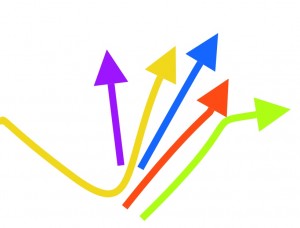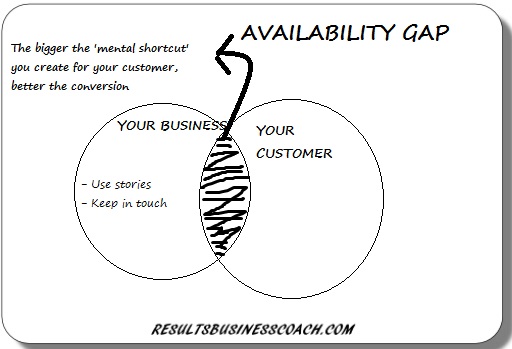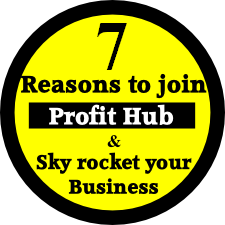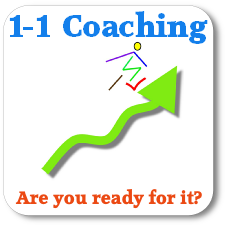 When we are confronted with a decision, the path we take to come to that decision will depend on how easy it is to vividly imagine that outcome.
When we are confronted with a decision, the path we take to come to that decision will depend on how easy it is to vividly imagine that outcome.
Here are some examples of this cognitive illusion known as ‘availability bias’:
- People who buy lottery tickets assume they are more likely to win the lottery. This is because the lottery organisations heavily promote the ‘few’ jackpot winners and ignore the billions who don’t win.
- When there is a terrorist attack on an aircraft we tend to assume air travel is riskier than travelling by car. The truth is air travel has never been safer.
- People who trade stocks pay attention to stocks and shares covered heavily by the media.
This “availability heuristic” – a mental shortcut at work – uses a simple system to operate. “If I can think of it, it must be important”. But these are not accurate reflections . In a nutshell our brain takes the laziest route to make a decision. If it can access a vivid recent memory in relation to the decision it goes along with it. This is one of the reasons why we struggle to start something new because our brain may not have vivid positive memories about the new path we intend to take.
How to overcome ‘availability bias’
One way to overcome ‘availability bias’ is to make an attempt to recall events that are not so memorable.
For an example:
- How many people do I know ‘did not’ win the lottery
- How many instances can I remember where the aircraft landed safely
- How many stocks that are performing well but not covered by the media
How to use this in your business:
- Where possible use stories to communicate your offering/value to your prospects and customers.
- One you acquire a prospect, systemize a way of keeping in touch on a regular basis.
By doing this you are helping your prospects and customers create mental shortcuts to remember your business.
+ Ravi Peal-Shankar



{ 0 comments… add one now }